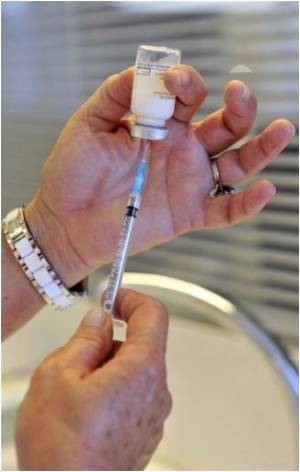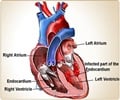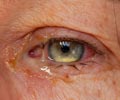Vancomycin Medication Information
Learn everything you need to know about Vancomycin-pronunciation, uses, dosage guidelines, indications, and when to take or avoid it.
Get up-to-date information on side effects, precautions, warnings, and proper storage to ensure safe usage.
Explore Vancomycin brand names commonly used in India and internationally, along with detailed pricing information. Consult your healthcare provider for tailored medical advice.
Generic Name : Vancomycin Pronunciation : van-koe-MYE-sin ICD Code : Y41.9 Therapeutic Classification : Miscellaneous Anti- InfectivesBrand Names or Trade Names of Vancomycin
India :
International :
Vancomycin Hydrochloride
Why is Vancomycin Prescribed? (Indications)
This medication is a glycopeptide antibiotic, prescribed for serious bacterial infections, endocarditis and surgical prophylaxis in major procedures. It kills sensitive bacteria.When should Vancomycin not be taken? (Contraindications)
Hypersensitivity to the drug.What is the dosage of Vancomycin?
Adult: IV- The recommended dose is 0.5-2 g/day in 3-4 divided doses for a period of 7-10 days. Dose may be reduced in kidney patients.How should Vancomycin be taken?
It comes as a solution for injection, administered by healthcare provider, with or without food.What are the warnings and precautions for Vancomycin?
•Patient may develop with Ototoxicity (damage to the ear), nephrotoxicity (kidney damage).• Caution needed for patients with history of kidney impairment, newborns, elderly, during pregnancy and breastfeeding.
• Administer only by slow intra venous injection.
• Change the injection site, to decrease vein inflammation.
• Keep rate of infusion at less than or equal to 10 mg/min rate.
• Monitor kidney and liver functions, serum concentration, blood counts and functioning of the ear regularly.
What are the side effects of Vancomycin?
Most Common- Ear and kidney damage.Local- Severe allergic reactions including rash, hives, or itching.
Gastrointestinal- Inflammation of intestine.
Blood- Decrease in white blood cell and platelets.
Miscellaneous- Fever, nausea, dizziness, chills, eosinophilia, low blood pressure, wheezing and difficulty in breathing.























